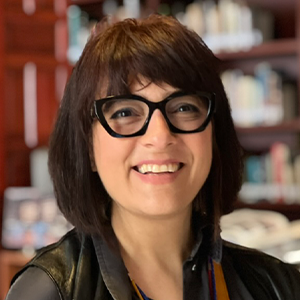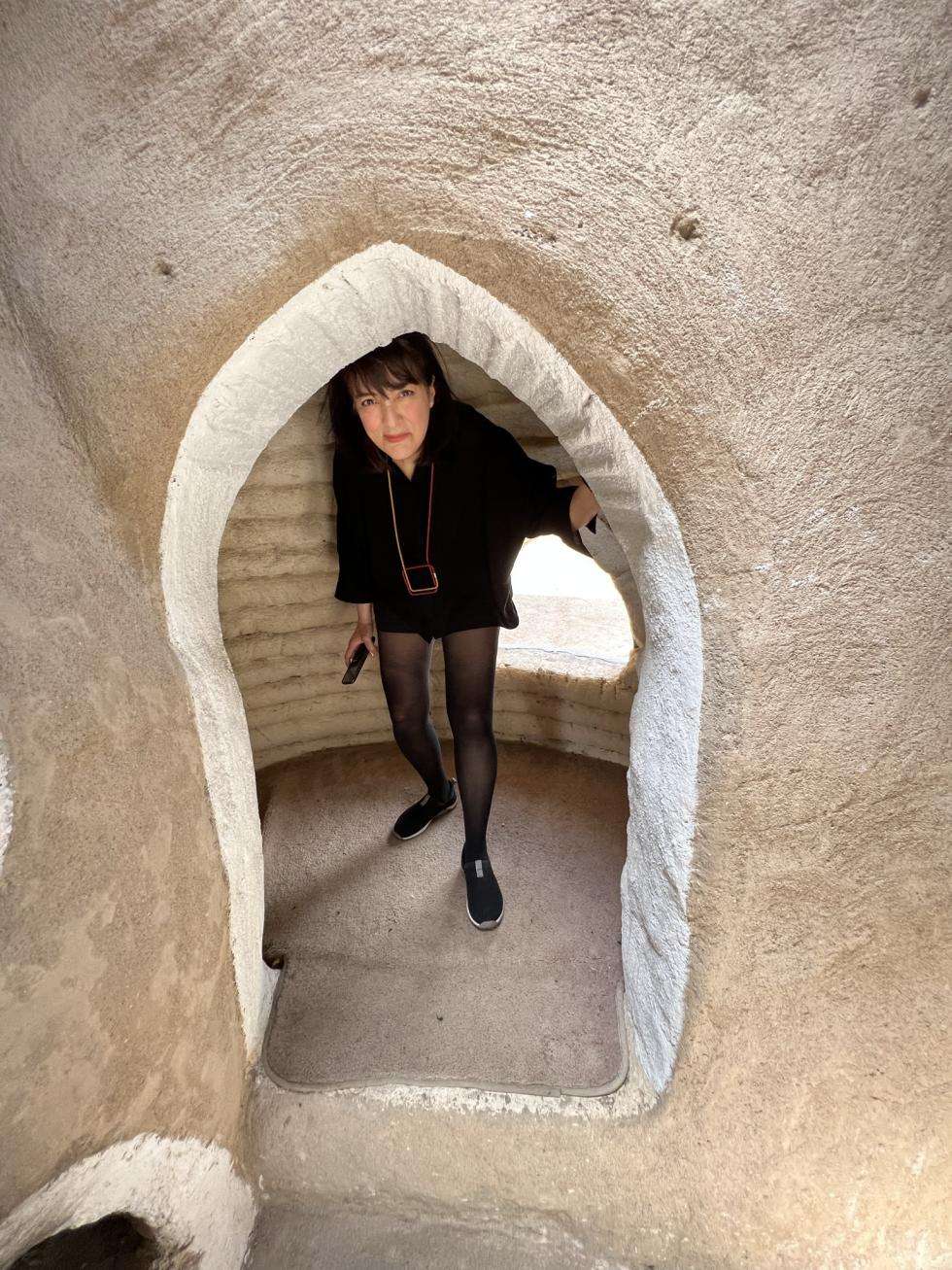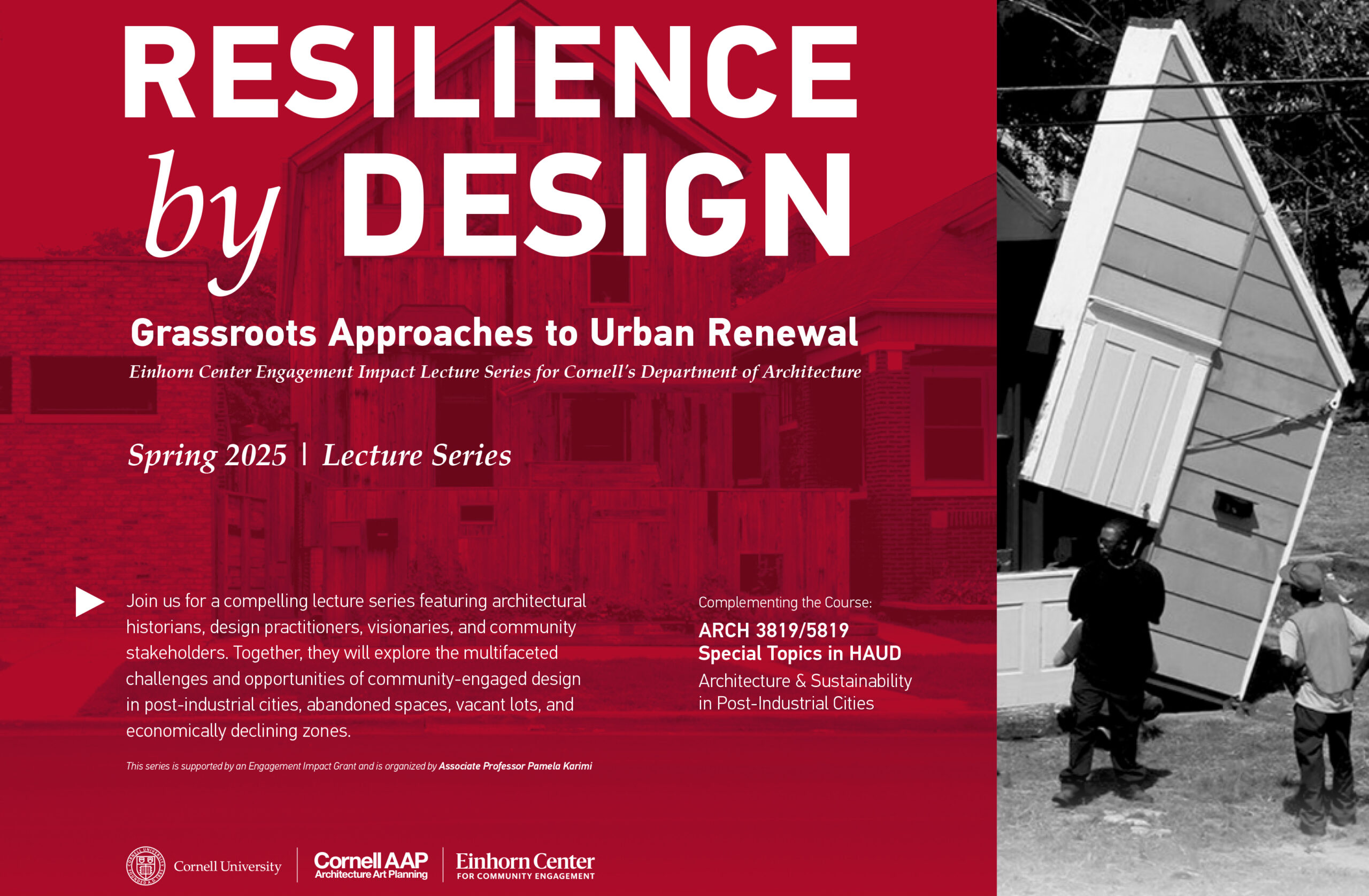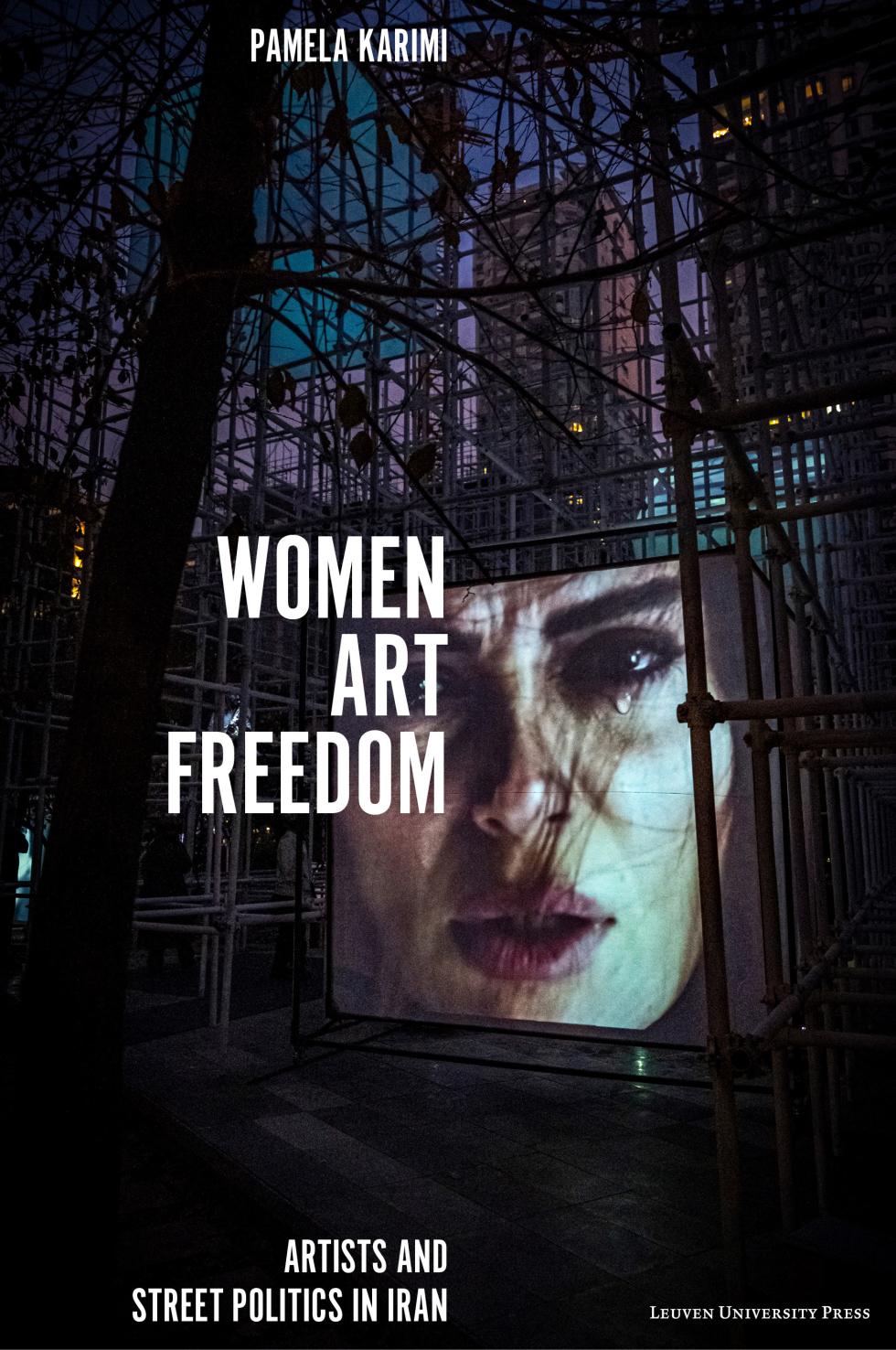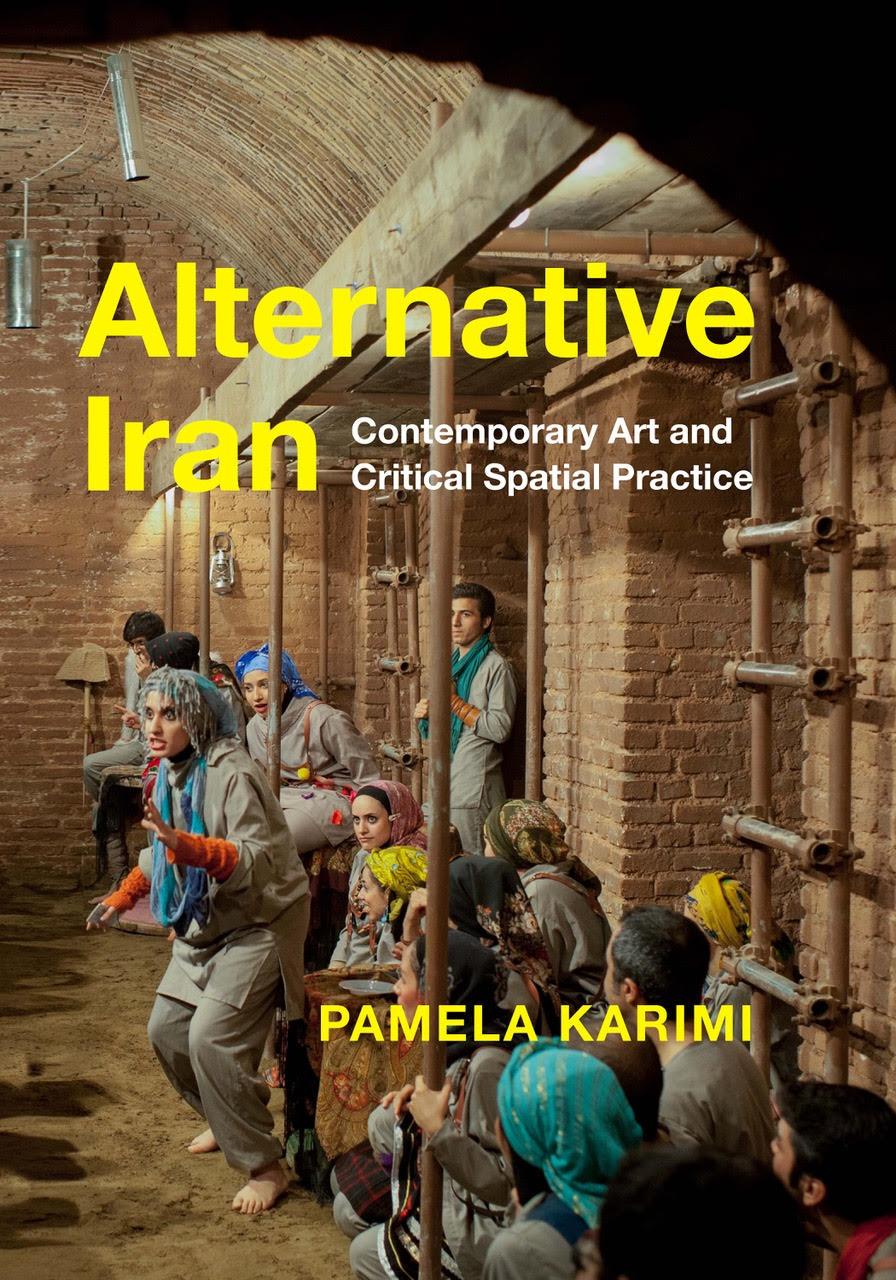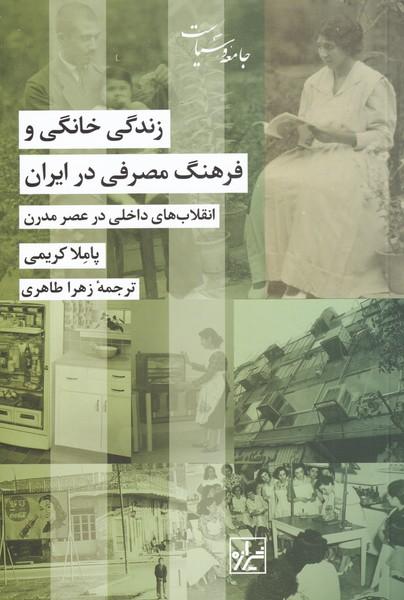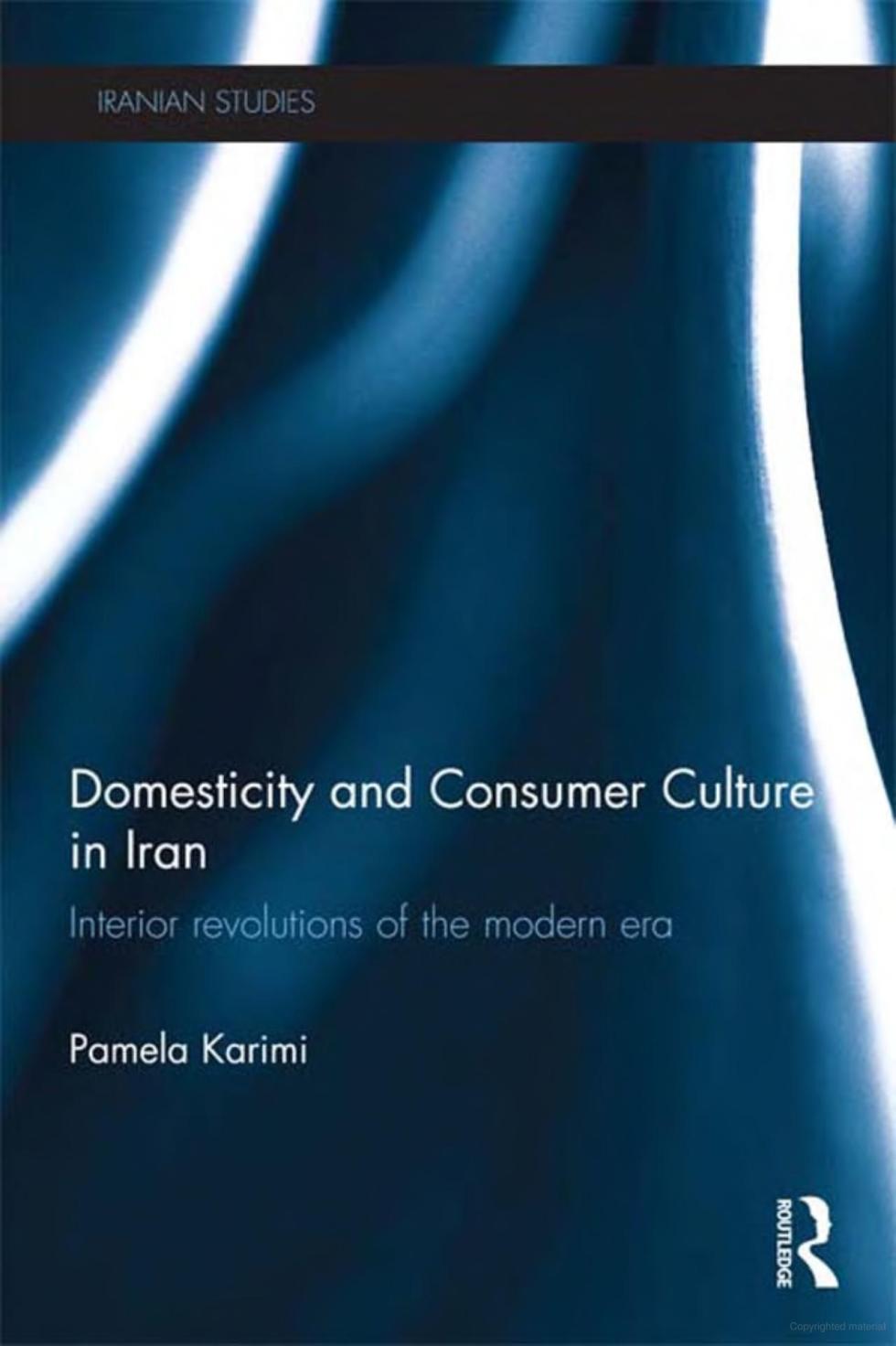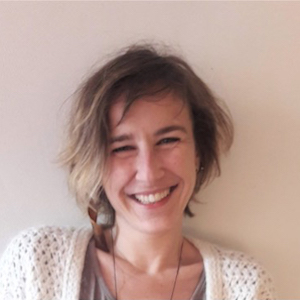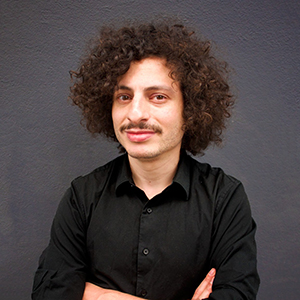Books
Classes
-
Survey of Architectural History (Ancient to Enlightenment)
ARCH 1801/5801
-
Architecture and Sustainability in Post-Industrial Cities
ARCH 3819/5819
-
Designing Deserts: Architecture, Ecology, and Imagination in Arid Lands
ARCH 3819/4408/5819/6408
-
Architecture and Environment
ARCH 6800/6408
-
Biopolitics of Architecture and Art
ARCH 6819/6408/4408
Selected Awards, Grants, and Fellowships
-
Society for the Humanities Fellowship, Cornell University
2026–27
-
The Sharmin and Bijan Mossavar-Rahmani Book Award
For Alternative Iran: Contemporary Art and Critical Spatial Practice. Administered by Princeton University, 2024.
-
National Endowment for the Humanities Summer Stipend
2023
-
The Graham Foundation for Advanced Studies in the Fine Arts
2022
-
Millard Miess Publication Fund
College Art Association of America
2021 -
Manning Prize for Excellence in Teaching
The University of Massachusetts System
2018
Selected Exhibitions and Presentations
-
Black Spaces Matter
McCormick Gallery, Boston Architectural College, November 2017–January 2018.
-
Stateless: Artists Respond to the Refugee Crisis
University Art Gallery, New Bedford, MA, November 2016–January 2017.
-
Exploring Urban Identities in De-industrialized Cities
New Bedford Art Museum, January–February 2013.
News & Events
- March 16, 2026 Women, Art, Freedom: Artists and Street Politics in Iran
- February 26, 2026 What Can Bodies Do? Biopolitics and Choreographies of Daily Life Workshop Series with Social Practice Artists
- September 17, 2025 Less for More: Collective Visions for a Climate Conscious Future
- September 16, 2025 Women, Life, Freedom Movement: “In Iran, Art and Activism Feed Off Each Other”
- April 1, 2025 Building Feminism: The 1976 International Congress of Women Architects in Iran
